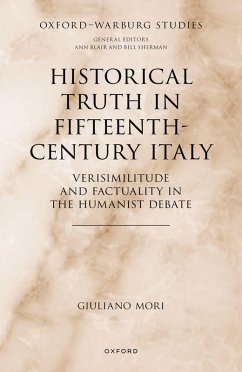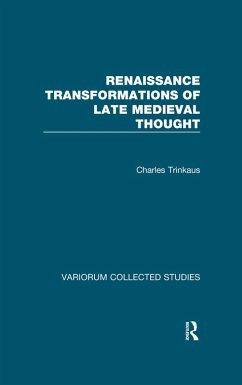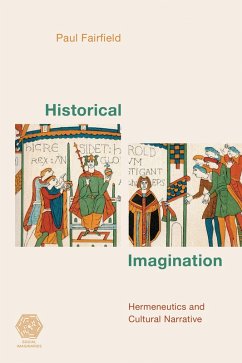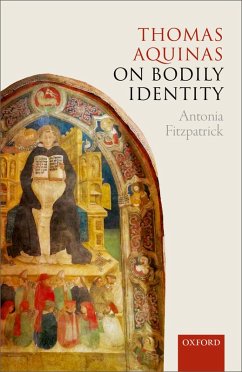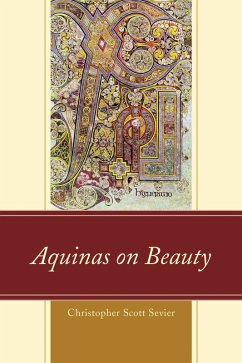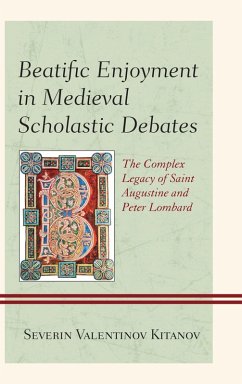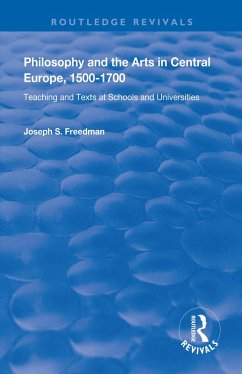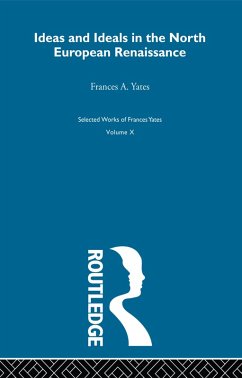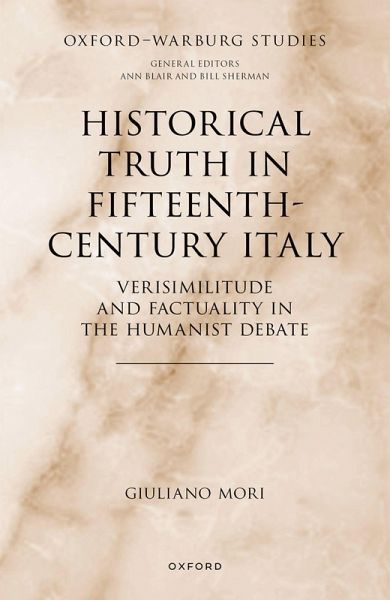
Historical Truth in Fifteenth-Century Italy (eBook, PDF)
Verisimilitude and Factuality in the Humanist Debate
Versandkostenfrei!
Sofort per Download lieferbar
52,95 €
inkl. MwSt.
Weitere Ausgaben:

PAYBACK Punkte
26 °P sammeln!
While humanists agreed on identifying the main requirement of the historical genre with truthfulness, they disagreed on their notions of historical truth. Some authors equated historical truth with verisimilitude, thus harmonizing the quest for truth with other ingredients of their histories, such as their political utility and rhetorical aptness. Others, instead, rejected the notion of verisimilitude, identifying historical truth with factuality. Accordingly, they sought to produce bare and exhaustive accounts of all the things that pertained to their historical explorations, often resorting ...
While humanists agreed on identifying the main requirement of the historical genre with truthfulness, they disagreed on their notions of historical truth. Some authors equated historical truth with verisimilitude, thus harmonizing the quest for truth with other ingredients of their histories, such as their political utility and rhetorical aptness. Others, instead, rejected the notion of verisimilitude, identifying historical truth with factuality. Accordingly, they sought to produce bare and exhaustive accounts of all the things that pertained to their historical explorations, often resorting to innovative disciplines, such as archeology, philology, and the history of institutions. The humanist historiographical debate is especially significant because the notion of verisimilitude encompassed crucial elements required for the development of methods of critical assessment. By perceiving verisimilitude and factuality as irreconcilable, Quattrocento humanists reached a critical impasse-those who were interested in factual truth mostly lacked the means to ascertain it, while those that developed embryonic notions of historical criticism were not eminently concerned with the factual account of the past. This critical weakness exposed humanists to considerable risks, including that of accepting non-verisimilar historical forgeries passed off as factual. Such forgeries eventually served as a testing ground for sixteenth- and seventeenth-century scholars, who sought to restore factual truth by means of critical criteria grounded in verisimilitude, thus overcoming the humanist impasse. Historical Truth in Fifteenth-Century Italy addresses Renaissance history, philosophy, rhetoric, and jurisprudence to shed light on how humanists conceptualized truth and, more specifically, historical truth.
Dieser Download kann aus rechtlichen Gründen nur mit Rechnungsadresse in A, B, BG, CY, CZ, D, DK, EW, E, FIN, F, GR, HR, H, IRL, I, LT, L, LR, M, NL, PL, P, R, S, SLO, SK ausgeliefert werden.




